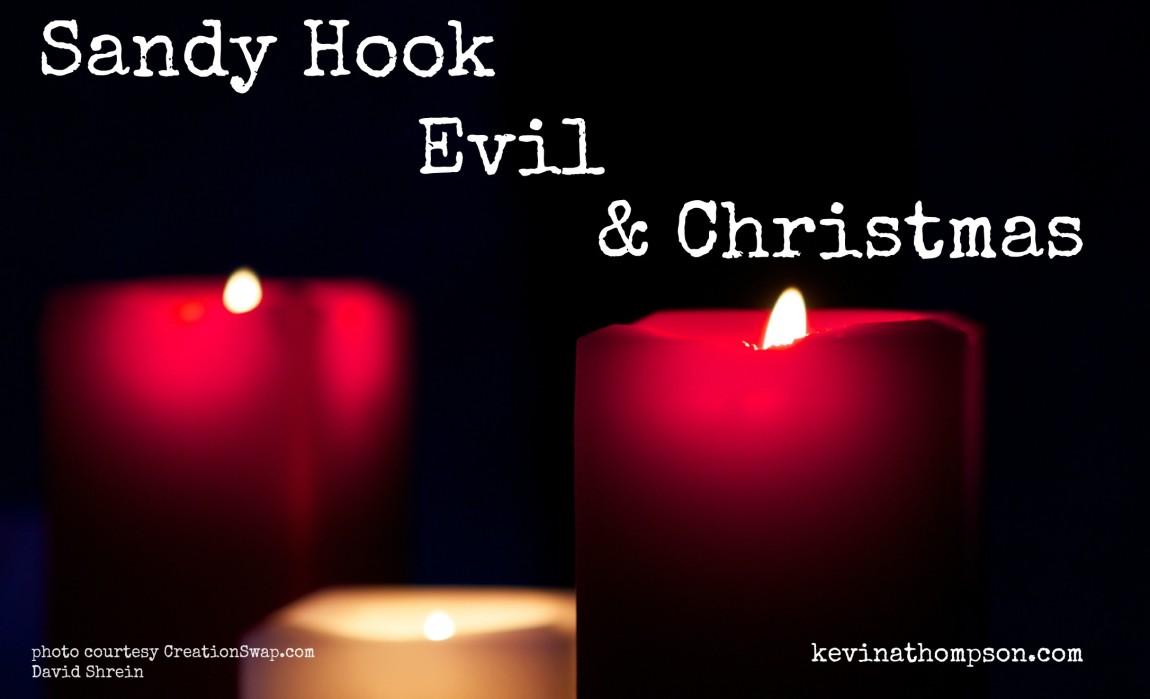It was an unimaginable sight: parents hastily arriving at the scene of a crime, having just minutes earlier dropped off their children at what they thought was the safest place for them to be. In the midst of the chaos, some would learn their children were alive, but many would learn their children were dead.
It was September 1963 at the 16th Street Baptist Church in Birmingham, Alabama. Four men, without any diagnosis of mental instability, placed a box of dynamite under a set of stairs and ignited it as 26 children made their way to an assembly room to hear a sermon entitled, “The Love that Forgives.” After the bomb exploded, four children were dead and 22 were injured.
At the initial trial, only one man was charged and he was found not guilty. It took 47 years to bring all four men to justice.
We like to think we live in unique times. Good is sometimes difficult to see; evil is nearly always around us. When word first spread last year of the shooting at Sandy Hook Elementary, it felt as though we had reached a new moral low. Mass murder occurs, but it should never happen in an elementary school. Children suffer, but it shouldn’t take place at Christmas.
Believing our times are unique and such tragedy is modern allows us to create simplistic explanations to the world’s problems. In the days after last year’s shooting, I sorrowfully listened as one man gave a homophobic tirade which culminated in blaming the shooting on our President and his views on same-sex marriage. Others surmised this unique evil was because of our moral decay, removal of school prayer, or whatever the political issue of the day.
How convenient it is when the responsibility for all evil can be placed at the feet of our political opponents or those who believe differently than us. It’s convenient, but it’s false.
Sadly, life isn’t simple.
Our times are not unique.
Evil has always been present.
Long before Newtown, Connecticut or Birmingham, Alabama, there was Bethlehem of Judea where Herod, not out of mental illness or ugly bigotry, executed infants and toddlers for the sake of political expediency.
History only reports a lone survivor—Jesus.
Christmas, which we feel should be a time exempted from evil and suffering, is actually intermingled with one of the greatest atrocities we can imagine—a mass murder of children.
Whenever evil occurs, we are tempted to believe its presence casts into doubt the existence of a loving God, the truth of his visitation to this planet, and his continuing activity in our lives. Evil causes us to doubt good.
Yet the presence of evil does not disprove God; it reveals our desperate need for him. We live in a world which is full of evil; rarely should it surprise us. However, the promise of Christmas is that God has invaded this evil world with good. While evil continues to have a say, it does not have the only say and it will not have the last say. The Christmas story was a major step toward God’s ultimate plan of putting an end to evil. While we are not to that end, the end is in sight.
Tragically, until the end of evil comes, suffering will still occur, tragedy will still strike, and parents will still weep over the loss of their innocent children.
This leads to two questions:
1. Which do we believe will win—good or evil? This answer might define our whole lives. On one hand, the case for evil is strong. Every year a new global tragedy is added to a list which is already long. Personal sorrows can seal the case. On the other hand, good whispers its presence. Never overwhelming, never casting aside all doubt, the presence of good quietly makes its presence known. While evil shouts, good whispers and we are left to choose which voice we will believe. The Christmas story is another whisper of God’s cosmic plan to destroy evil.
2.Which way will we choose to act—good or evil? Not only do we have to define our lives by which we believe will win, we also have to choose how we will respond in this world–will we respond with good or with evil? It’s logical to respond to evil with evil, yet the Christmas story does just the opposite. God does not give evil to evil, but instead chooses to send his ultimate good in response to evil. He models for us how to respond, but we are left to choose. (click here)
Survivors have a unique voice in response to tragedy. We all have opinions, but someone who has lived through an event has more authority in the words they say. The words of Jesus are doubly unique. Not only was he the lone survivor of a mass murder, he ultimately was the innocent victim of a brutal government. He knew what had happened at his birth and he knew what would cause his death as he taught one afternoon on a Galilean hillside.
It gives a unique perspective to his words. In case there is any doubt of how we should respond to the evil in this world, consider the words of Jesus. What he spoke so many years ago may have even more meaning today:
“You have heard that it was said, ‘You shall love your neighbor and hate your enemy.’ But I say to you, love your enemies and pray for those who persecute you, so that you may be sons of your Father who is in heaven. For he makes his sun rise on the evil and the good, and sends rain on the just and the unjust.’” (Matthew 5.43–45, ESV)
For more, watch:



